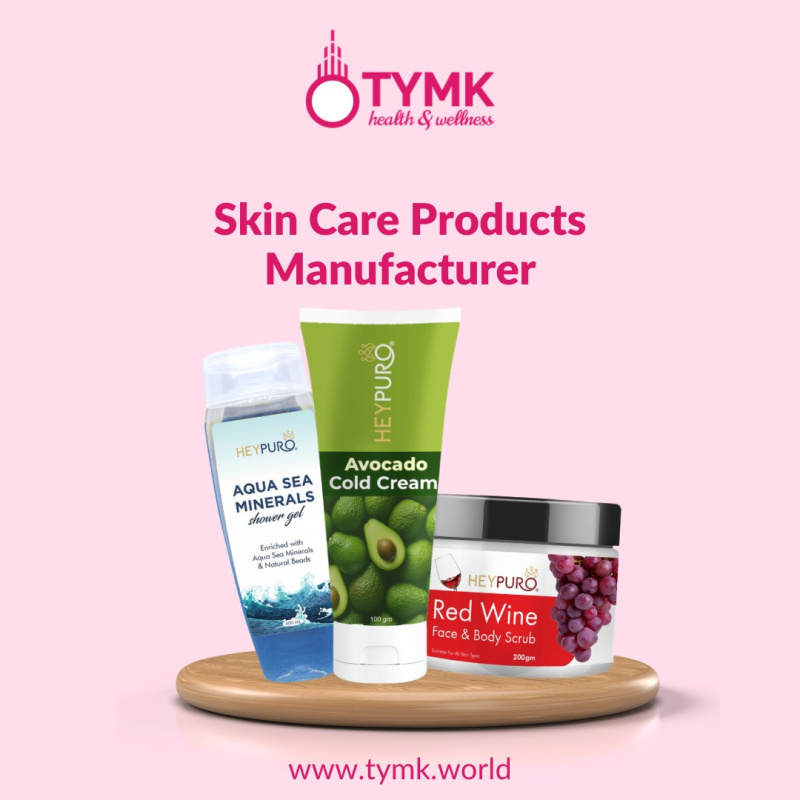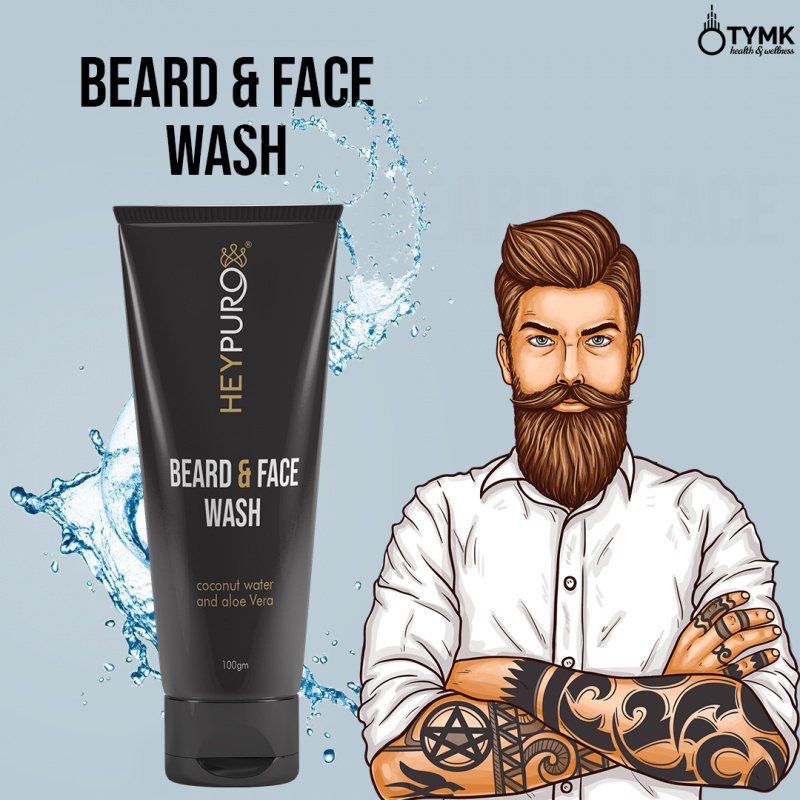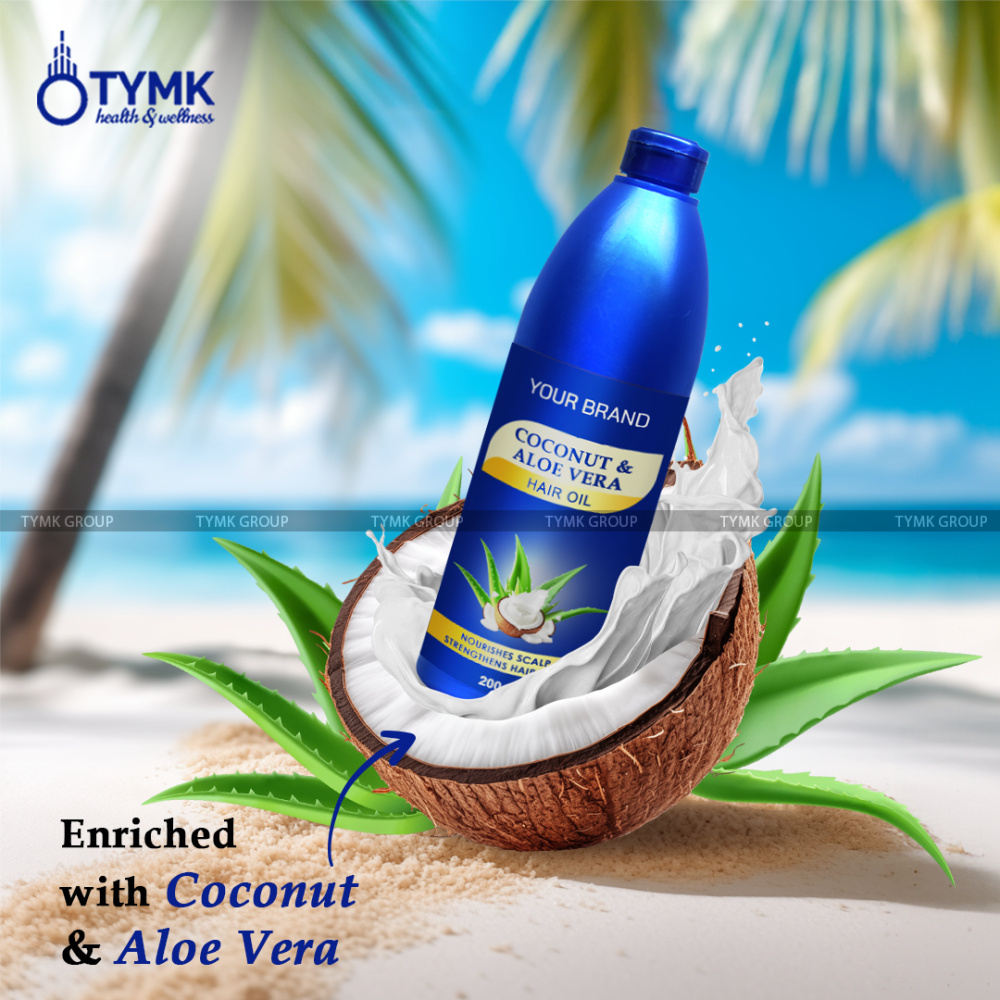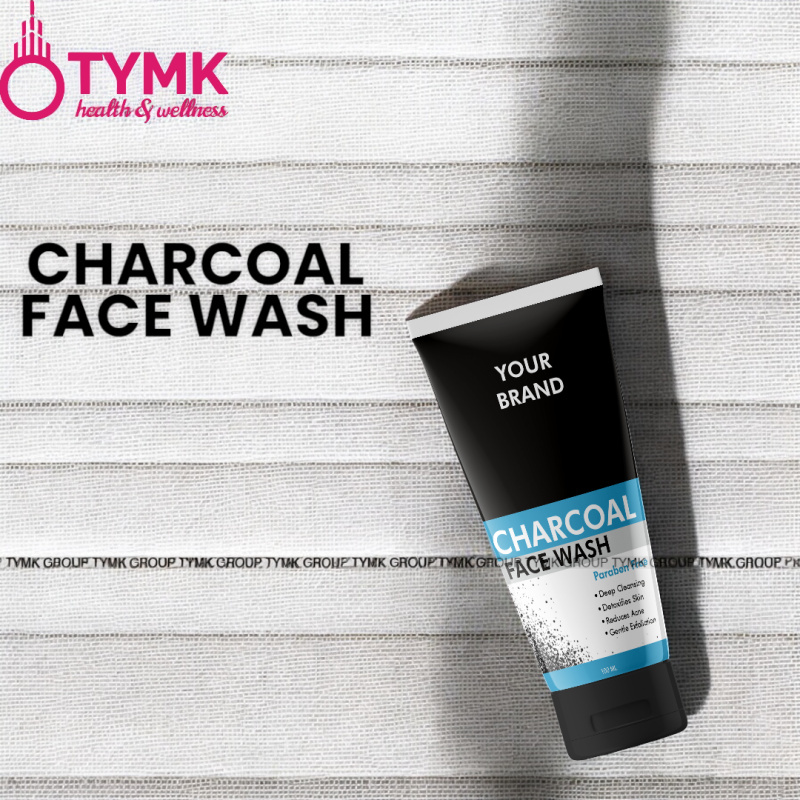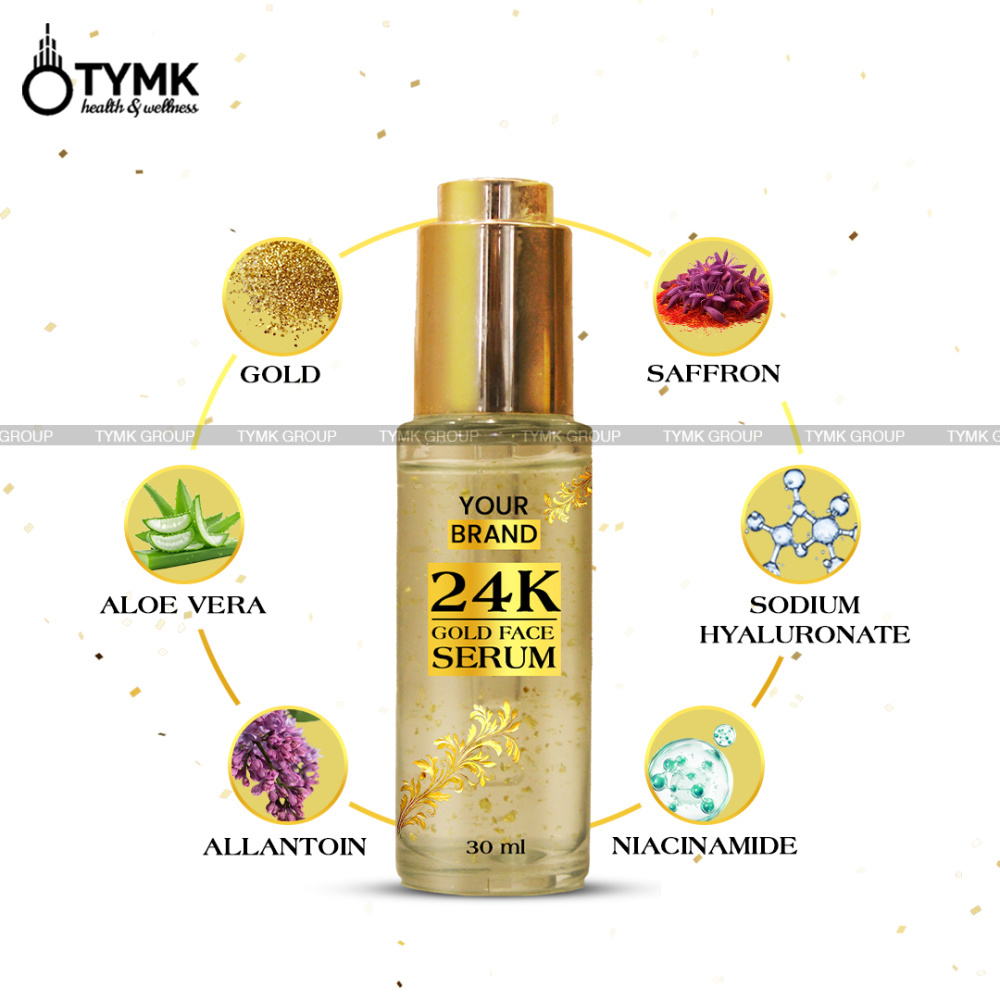Cosmetic Manufacturer: Leading the Industry the Role of a Trusted

Cosmetic Manufacturer: Leading the Industry the Role of a Trusted
In today’s beauty-driven world, the demand for high-quality skincare, haircare, and personal grooming products is at an all-time high. At the heart of this booming industry lies the cosmetic manufacturer — the silent force behind your favorite creams, serums, body sprays, and shampoos. A cosmetic not only formulates these products but also ensures safety, consistency, and efficacy.
Whether it's a startup building its first product or an established brand expanding its portfolio, partnering with a reliable cosmetic manufacturer is the key to long-term success.

What Does a Cosmetic Manufacturer Do?
A cosmetic manufacturer is responsible for transforming ideas into shelf-ready products. This includes:
-
Product formulation based on specific skin and hair types
-
Ingredient sourcing with an emphasis on quality and safety
-
Packaging design and filling
-
Labeling and regulatory compliance
-
Batch testing for stability and microbiological safety
Leading cosmetic often work behind the scenes, offering private label or contract manufacturing services to cosmetic brands worldwide.

Private Label Manufacturing: A Growing Trend
Private labeling has revolutionized the cosmetics industry. A cosmetic offering private label cosmetic products allows businesses to launch branded products without investing in a manufacturing facility.
This approach helps brands:
-
Enter the market quickly
-
Reduce production costs
-
Customize product formulas
-
Maintain confidentiality in formulation
From face washes to body lotions, private label cosmetic offer a wide range of ready-to-market products that can be rebranded by businesses.
Natural and Organic Cosmetic Manufacturing
Modern consumers are increasingly drawn to clean beauty. As a result, many cosmetics now specialize in natural and organic formulations.
Products are crafted using:
-
Plant-based extracts
-
Essential oils
-
Paraben-free and sulfate-free ingredients
-
Cruelty-free practices
This segment requires deep expertise, as natural ingredients can be less stable and need careful preservation. A skilled Natural and Organic Cosmetic knows how to balance purity with performance.
Hair Care Product Manufacturing
Among the many niches, hair care manufacturing stands out. From shampoos, conditioners, and serums to anti-dandruff and anti-hair fall solutions, a dedicated hair care Hair Care Product Manufacturing
provides specialized formulas based on:
-
Hair type (dry, oily, normal)
-
Scalp health
-
Customer age group
-
Gender-specific preferences
Brands often collaborate with skin care products manufacturers to create vegan, sulfate-free, and color-safe hair care ranges.
Skin Care Product Manufacturing
Skin care product manufacturing is at the core of cosmetic production. From cleansers, moisturizers, and face masks to anti-aging serums, skin care products require precise formulation and rigorous testing.
A competent cosmetic will:
-
Conduct dermatological testing
-
Follow FDA or relevant local guidelines
-
Ensure product safety for sensitive skin
-
Offer eco-conscious packaging options
Whether it’s an Ayurvedic skin care line or a high-tech anti-aging formula, an experienced manufacturer can cater to diverse demands.
Third-Party Cosmetic Manufacturing
Outsourcing production to a third-party skin care products manufacturer is a smart move for many businesses. This allows them to focus on branding, marketing, and distribution while relying on the manufacturer for product development.
Third-party cosmetic manufacturing is cost-effective, scalable, and ideal for businesses that lack in-house infrastructure. Manufacturers often offer turnkey solutions, from formula development to final dispatch.
Body Spray & Fragrance Manufacturing
A rising trend in personal care is the demand for body sprays, deodorants, and fragrance mists. A skilled skin Care Products Manufacturer creates long-lasting body sprays using:
-
Natural aromatic ingredients
-
Alcohol-based or alcohol-free formulas
-
Skin-friendly fragrance stabilizers
Manufacturers also develop unisex, men's, and women's fragrance lines tailored to specific market preferences.
Regulatory Compliance & Quality Control
Compliance is non-negotiable in cosmetics. A good Third Party Manufacturer ensures that all products meet regulatory standards such as:
-
FDA, ISO, or GMP certifications
-
Accurate labeling and ingredient listing
-
Testing for toxicity, shelf life, and user safety
This not only protects the end consumer but also safeguards the brand’s reputation.
Choosing the Right Cos Manufacturer
Finding the right Third Party Cosmetic is crucial. Here’s what to consider:
-
Experience and expertise in your product niche
-
R&D capabilities and ability to innovate
-
Flexible batch sizes to support your growth
-
Transparent pricing and fair MOQs (Minimum Order Quantities)
-
On-time delivery and customer support
Working with the right manufacturer ensures your products are not only effective but also legally compliant and market-ready.
Customization and Branding
In an oversaturated market, uniqueness is key. A capable Customised Cosmetic offers:
-
Custom formulation services
-
Tailored fragrances and colors
-
Logo and packaging design
-
Full product customization based on your brand’s identity
This ensures that every product feels authentically yours, even if it's made in a shared facility.
Sustainability in Cosmetic Manufacturing
Today’s consumers care about the planet. That’s why manySustainability now prioritize:
-
Eco-friendly raw materials
-
Recyclable and biodegradable packaging
-
Energy-efficient production methods
-
Zero-waste formulation processes
Choosing a sustainable White Label Cosmetic not only helps the environment but also boosts your brand’s image.
A White Label Cosmetic is more than just a factory — it's your partner in creating beauty solutions that resonate with consumers. From innovative formulations and private labeling to ethical practices and global compliance, the right manufacturer can bring your brand’s vision to life.
Whether you're creating skincare, haircare, or fragrance products, working with an expert Herbal Products Private Label Manufacturer ensures safety, quality, and long-term growth in the competitive cosmetics market.
FAQs About Cosmetics Manufacturers
1. What is the difference between a cosmetic and a private label manufacturer?
A cosmetic produces the product, while a private label manufacturer also allows businesses to brand these products as their own without handling production.
2. How do I choose the right cosmetic for my brand?
Look for experience, quality standards (GMP, ISO), customization capabilities, batch flexibility, and positive client reviews.
3. Can Herbal Products Private Label Manufacturer make natural or organic products?
Yes, many specialize in natural, organic, vegan, and cruelty-free formulations that cater to the clean beauty market.
4. What is the minimum order quantity (MOQ) for most Herbal Products Private Label Manufacturer?
MOQs vary widely, ranging from 500 to 5000 units, depending on the product and manufacturer policies.
5. Do Private Label cosmetic handle packaging and labeling too?
Yes, most Private Label cosmetic offer end-to-end solutions, including packaging design, filling, and label compliance.

